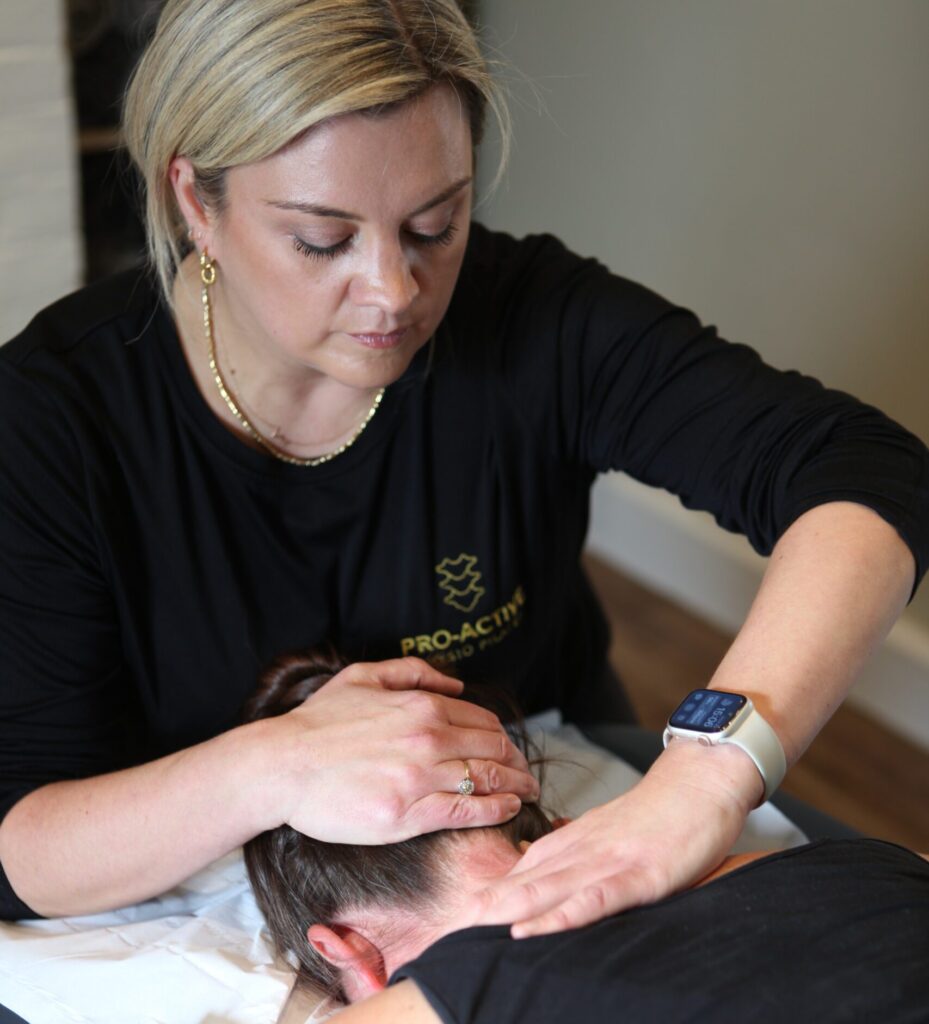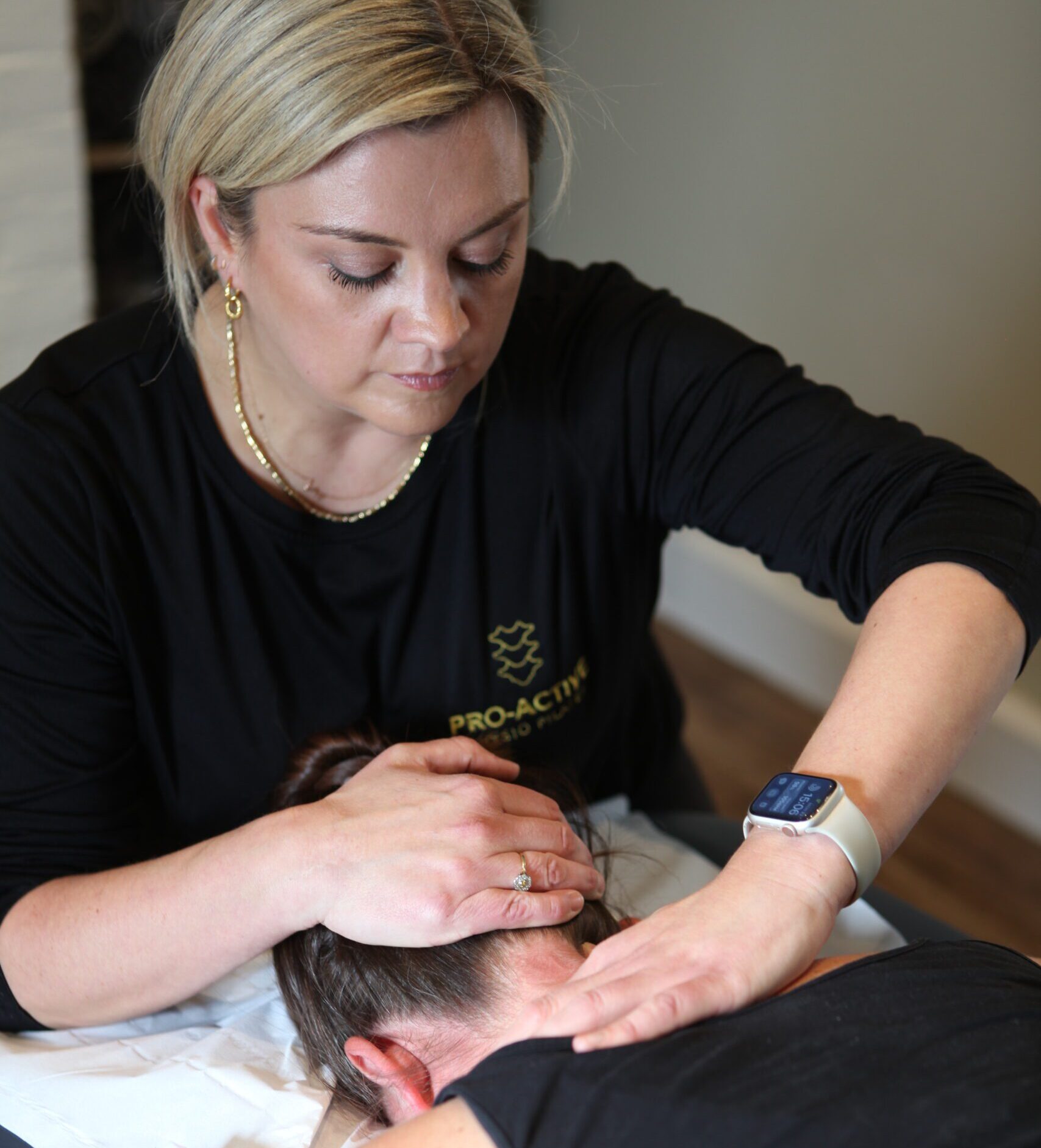References to headaches and migraines date back as far as 400 BC. Over time, many theories have emerged about their causes, yet much remains unknown.
What we do understand is that during a headache, specific nerves in the blood vessels send pain signals to the brain, triggering the release of inflammatory substances. The reason for this nerve activation, however, remains unclear.
What Causes Migraines?
Migraines are complex and vary widely among individuals. They often have a genetic component and tend to run in families. Migraine attacks usually consist of four stages, although not everyone will experience all of them:
1. Prodrome Phase (up to 24 hours before):
Subtle changes like mood swings, fatigue, or food cravings may signal the onset of a migraine.
2. Aura (warning phase):
Sensory, motor, or speech disturbances (e.g., visual flashes, tingling sensations) that act as a warning of an acute episode.
3. Headache Phase:
This is the acute stage, lasting up to 72 hours, and is typically characterized by throbbing pain, sensitivity to light, nausea, or other symptoms.
4. Postdrome Phase (“Migraine Hangover”):
After the headache subsides, you may feel drained, disoriented, or fatigued for up to 48 hours.
Migraines can also manifest differently between individuals, and not all episodes follow this pattern. Additionally, some people experience milder, persistent headaches for several days each month, with pain that may radiate into the eyes, face, jaw, sinuses, and neck.
Triggers and Diagnosis
While migraines are often unpredictable, several factors can contribute to their onset, including:
- Stress.
- Medication side effects.
- Hormonal changes.
- Physical activity.
To diagnose migraines or chronic headaches accurately, a full physical and neurological examination is essential. This includes reviewing your medical and family history, and in some cases, blood tests or imaging (e.g., MRI scans) may be required.
How Can Physiotherapy Help?
Migraines are the second leading cause of disability worldwide, accounting for an average of 16.8 workdays lost annually per individual, with an estimated financial burden of £4.4 billion in the UK.
Although migraine treatment is often medication-based, physiotherapy offers a highly effective, evidence-based alternative. Studies suggest that physiotherapy can be as beneficial as certain medications, such as beta blockers, and some triptans in managing migraines. Physiotherapy has also been shown to reduce the intensity and frequency of migraines, improve overall function, and decrease work-related disability
How do we treat headaches and migraines?
Lucinda takes a combined medical and holistic approach to migraine and headache care. She uses a range of evidence-based strategies tailored to individual needs, including:
Manual Therapy: Targeting muscles in the neck and mobilising soft tissue structures and joints to relieve tension.
Education and Exercise Programs: Designed to manage and prevent headaches.
Acupuncture: Used in combination with manual therapy and exercises for enhanced outcomes.
Shockwave Therapy: An innovative and effective treatment for headaches and migraines, particularly those linked to tension in the neck, jaw, and upper back. By addressing muscular dysfunction, trigger points, and blood flow issues, shockwave therapy provides targeted relief and can be a key tool in managing chronic headache conditions (click to SW page)
Botox Injections: Botox (Botulinum Toxin A) is an NICE approved, evidence-based treatment for managing chronic migraines and certain types of headaches. It works by targeting the underlying mechanisms that contribute to migraine pain and frequency, providing relief for those who suffer from debilitating symptoms (click to botox page)
Booking an Appointment
If you’re suffering from headaches or migraines, consider booking an appointment at our Clinical Specialist Headache Clinic with Lucinda. During your one-hour session, Lucinda will provide a comprehensive assessment, accurate diagnosis, and personalized treatment plan.
Tip: Bring a headache diary to your appointment to facilitate a detailed discussion of your symptoms.


